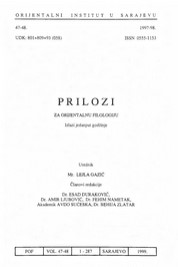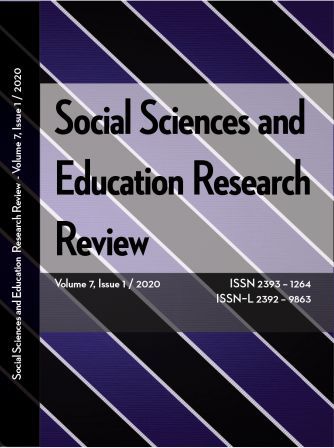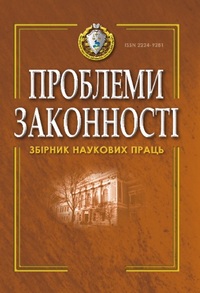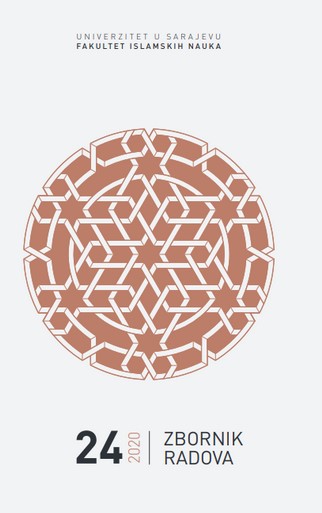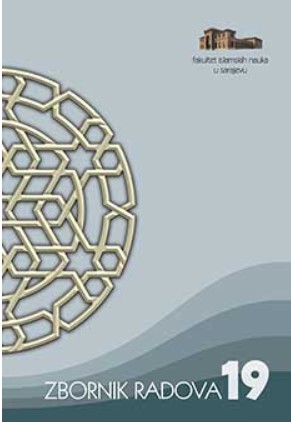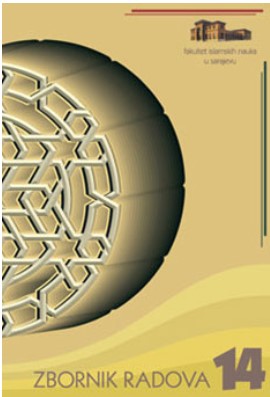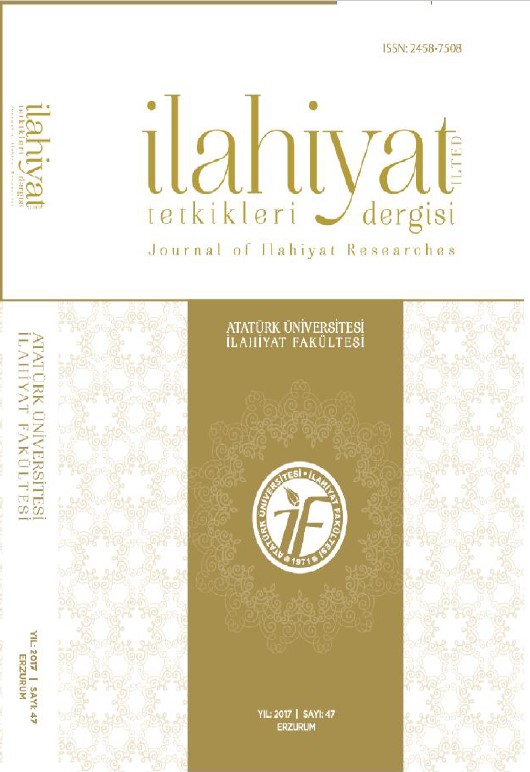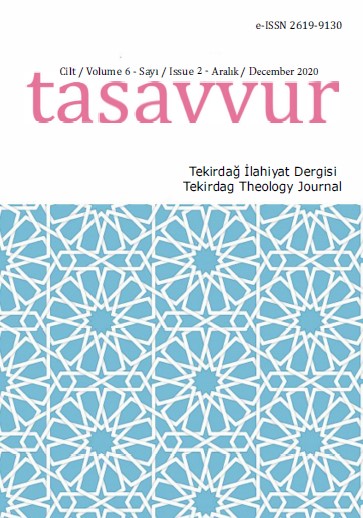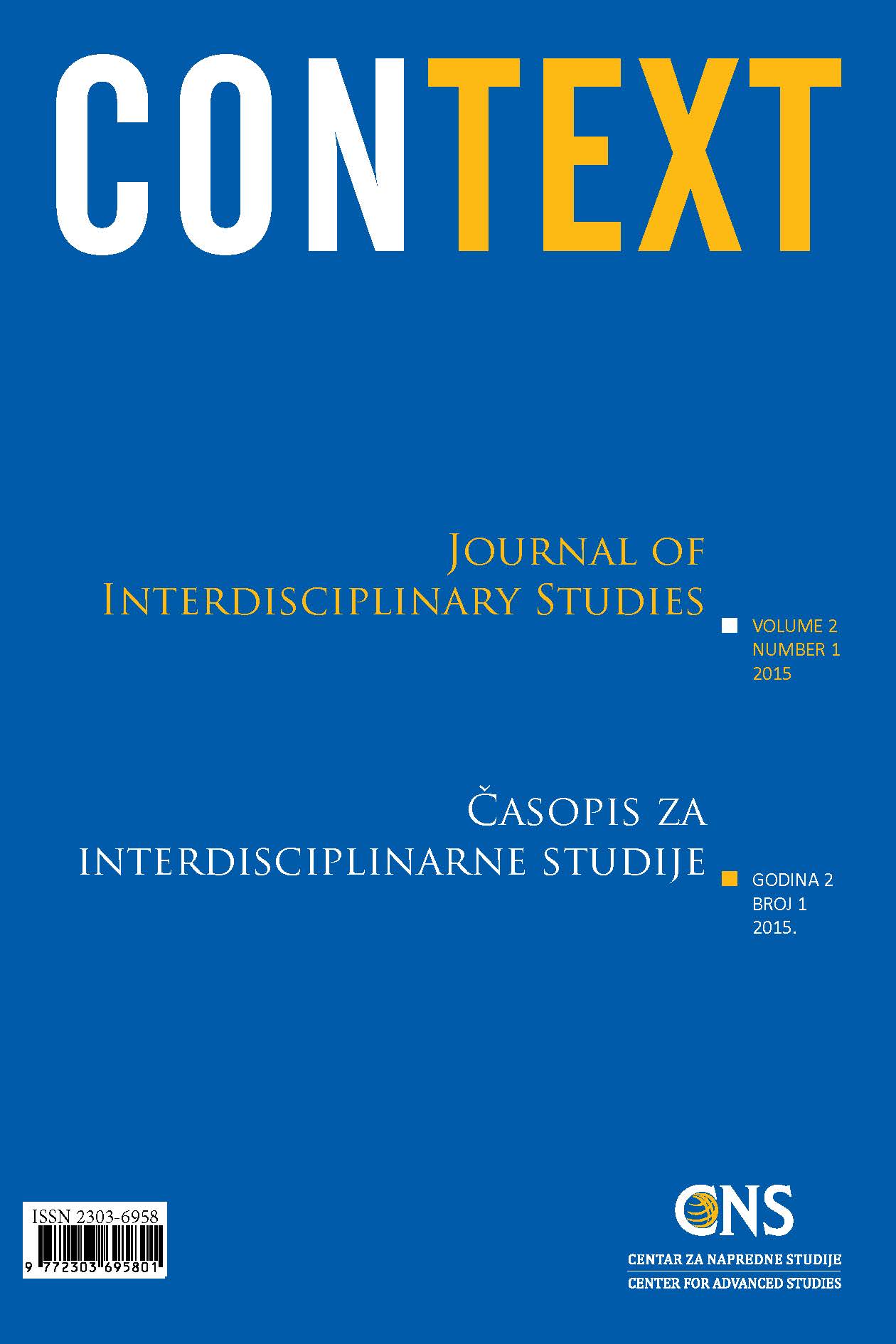Author(s): Mar’atun Shalihah,Mohammad M. Holle / Language(s): English
Issue: 1/2020
Accreditation is a fundamental thing for every study program. Because, accreditation becomes one of quality benchmark for study programs. Nonetheless, every study programs commence every strategies and efforts to improve their accreditation. This study aims to (1) to reveal the effort of Shariah Economy study program in improving their maximum accreditation ranking, (2) to find obstacles that prevent Shariah Economy study program in improving their maximum accreditation ranking, (3) to reveal effective and correct strategy for Shariah Economy study program in order to improve quality and achieve maximum accreditation ranking. This study applies several concepts which are strategy, analysis, SWOT, university, accreditation, and nine criteria of study program accreditation. This study is field research type with case study approach. Next, in order to determine the informant, snowball technique is applied. Meanwhile, data collection technique uses observation, interview, documentation, and literature study. To analyze data, the study applies EFE Matrix, IFE Matrix, and SWOT Matrix technique. The result of study shows that (1) there are several factors that prevent Shariah Economy improvement, (2) total amount of EFI matrix 2,806 and EFE matrix 2,902. It means that Shariah Economy program study of IAIN Ambon takes quadrant V rank, it is on secure and defend strategy, (3) based on EFI and EFE matrix, Shariah Economy program study of IAIN Ambon takes quadrant V rank. It means the study program is on integration and development stage.
More...
